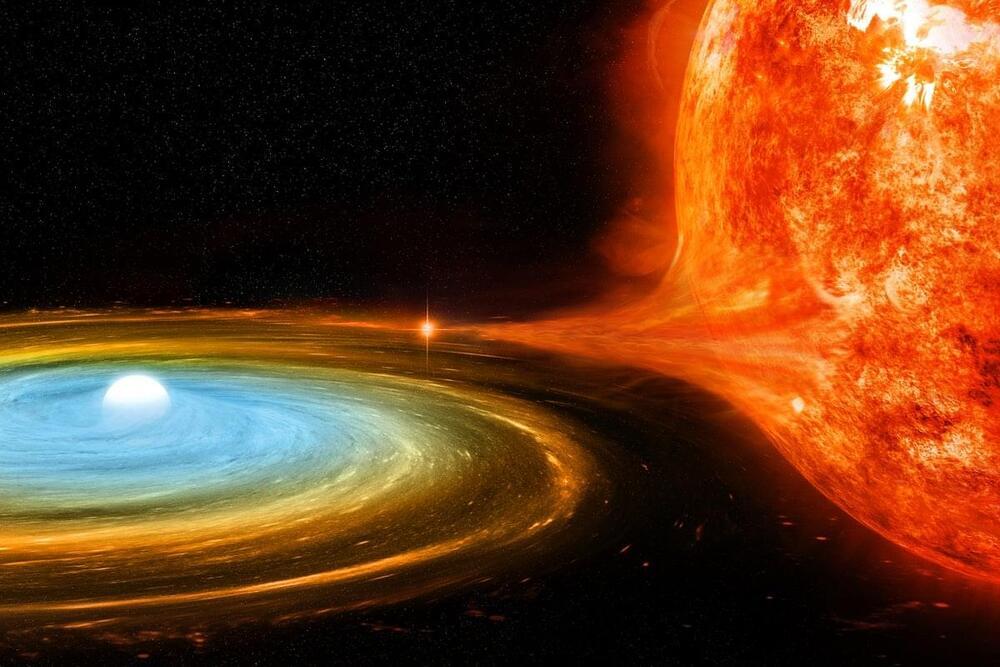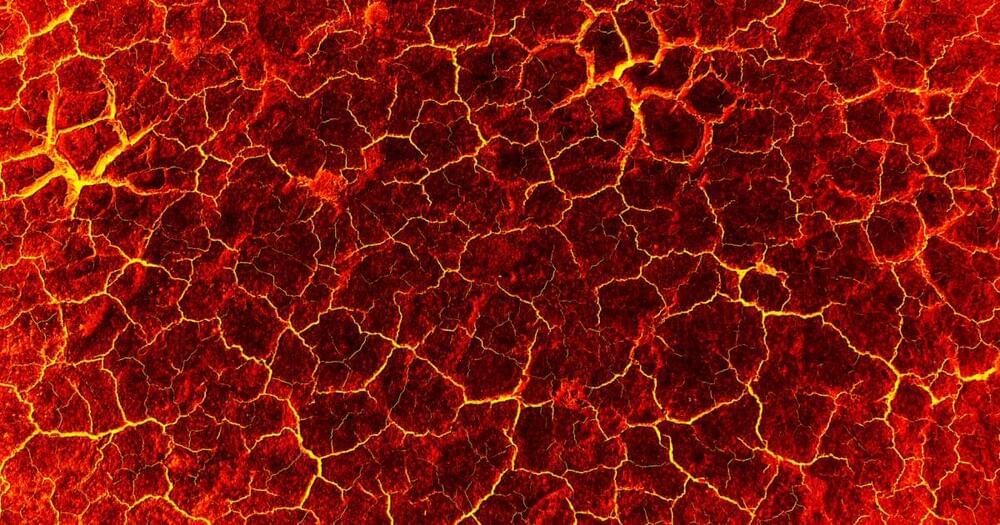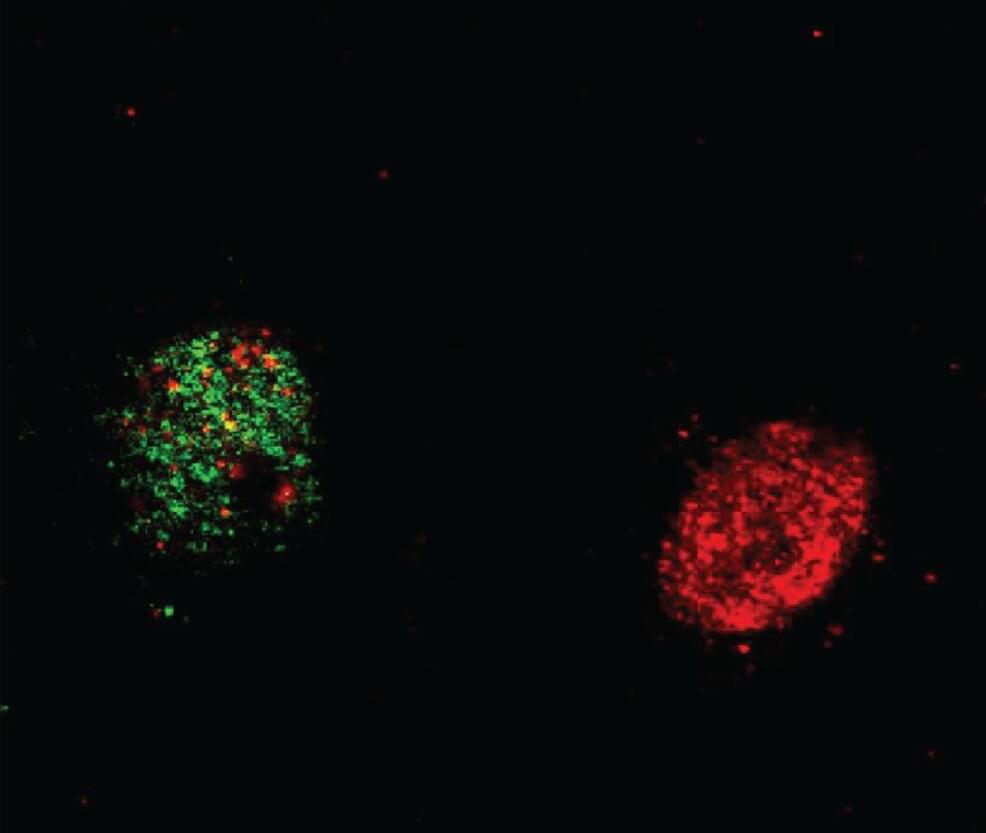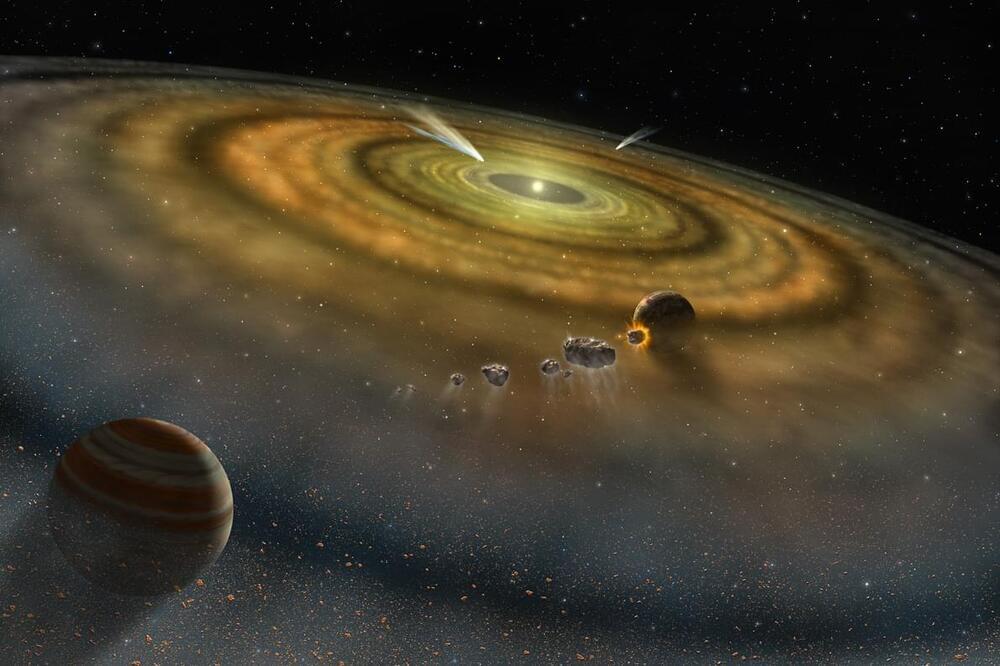Aug 2, 2024
UCLA Unveils Breakthrough 3D Imaging Technology to Peer Inside Objects
Posted by Saúl Morales Rodriguéz in categories: biotech/medical, information science
All-optical multiplane quantitative phase imaging design eliminates the need for digital phase recovery algorithms.
UCLA researchers have introduced a breakthrough in 3D quantitative phase imaging that utilizes a wavelength-multiplexed diffractive optical processor to enhance imaging efficiency and speed. This method enables label-free, high-resolution imaging across multiple planes and has significant potential applications in biomedical diagnostics, material characterization, and environmental analysis.
Introduction to Quantitative Phase Imaging.


















